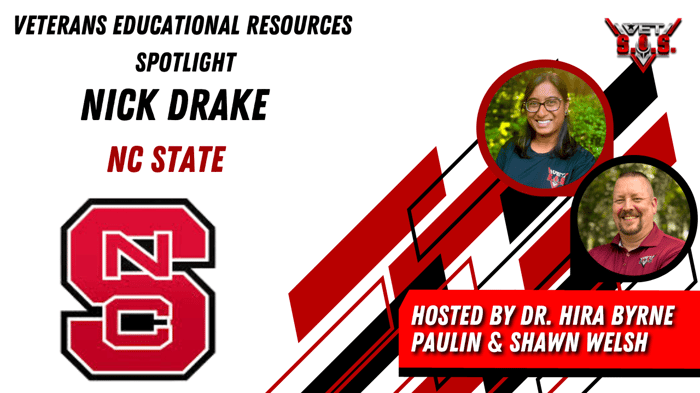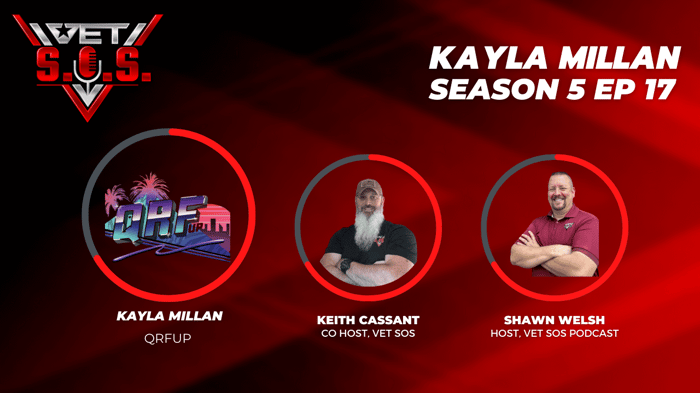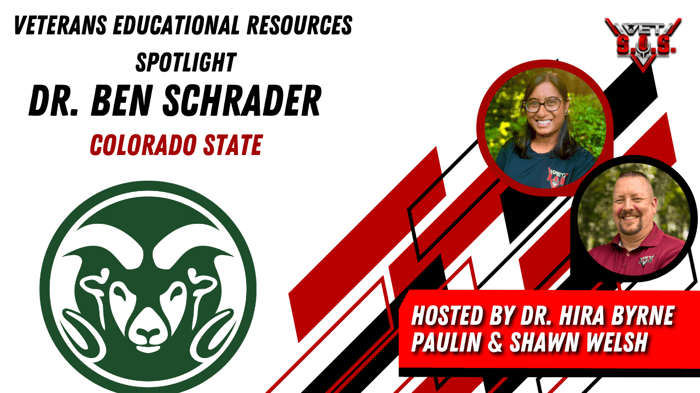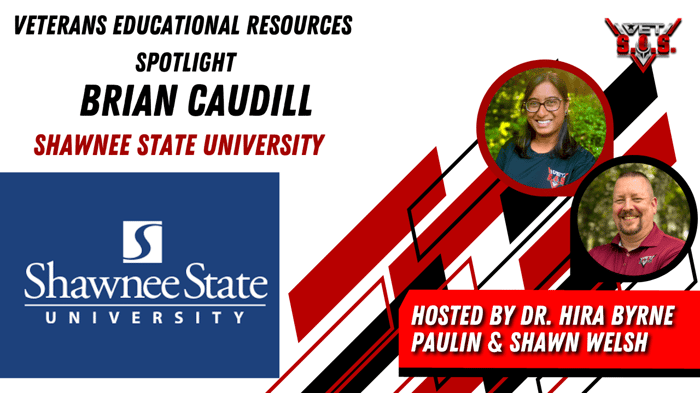Championing Success: Military Student Support at NC State
For thousands of student veterans and military-connected learners across the nation, the transition to higher education can feel overwhelming. From navigating GI Bill benefits to finding a supportive community, the path from service to academia is filled with both opportunities and challenges. At North Carolina State University, military student support isn’t just a program—it’s a mission. Under the leadership of Nick Drake, Director of the Jeffrey Wright Military and Veteran Services, military student support at NC State has become a gold standard in veteran-focused higher education.
A Leader with Lived Experience
 Nick Drake
Nick DrakeNick Drake isn’t just an administrator—he’s a military-connected professional who understands the unique needs of student veterans. As a captain in the North Carolina National Guard, his perspective is grounded in both service and scholarship. His path into higher education was shaped by a background in physical education, sport management, and later, a master’s in sport administration and kinesiology. It was during his time at Xavier University that he encountered a pivotal mentor, Leslie Dolly, who introduced him to collegiate recreation and student affairs.
This mentorship laid the groundwork for Drake’s move to NC State, where he initially served as the Assistant Director for Fitness and Wellness. Over time, his passion for student advocacy and campus engagement led him to become the Director of the university’s dedicated center for military-connected students.
A Thriving Military-Connected Community
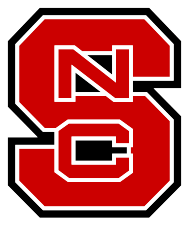 At the heart of military student support at NC State is a deep commitment to inclusivity and empowerment. With over 3,000 military-connected students enrolled—including veterans, active-duty personnel, reservists, and military family members—NC State is home to one of the most engaged and supported veteran populations in the region.
At the heart of military student support at NC State is a deep commitment to inclusivity and empowerment. With over 3,000 military-connected students enrolled—including veterans, active-duty personnel, reservists, and military family members—NC State is home to one of the most engaged and supported veteran populations in the region.
Drake emphasizes that early preparation is crucial for student veterans hoping to thrive at a competitive, tier-one research institution like NC State. Veterans are encouraged to begin the transition process early, leveraging available resources before classes even begin. From academic advisors who understand military transcripts to mental health professionals trained in trauma-informed care, the infrastructure is designed to meet students where they are.
The Jeffrey Wright Military and Veteran Services Center
One of the cornerstones of military student support at NC State is the Jeffrey Wright Military and Veteran Services Center. Thanks to a generous $1 million gift from Jeffrey and Kelly Wright, the center underwent major renovations that transformed it into a state-of-the-art hub for student veterans.
This center isn’t just a resource—it’s a community. Here’s what it offers:
Lounge and Study Areas: Comfortable spaces for collaboration, downtime, or quiet study.
Free Printing: A practical but impactful resource, especially for students on tight budgets.
3D Printing Access: Innovative tools for class projects and community outreach initiatives.
Program Coordination: A full-time staff member ensures that programming is relevant, inclusive, and effective.
These features make the center not just functional, but transformational. It’s a space where students can build friendships, find support, and gain access to tools that aid both academic success and personal development.
A Culture of Connection
Another pillar of military student support at NC State is its emphasis on community—both on campus and beyond. Drake highlights the unique advantage of being located in the Raleigh-Durham area, which boasts a dense network of veteran service organizations and VA resources. These partnerships enhance what the university can offer, providing wraparound support that includes employment services, housing assistance, and peer mentorship.
Drake is also a strong advocate for student involvement outside the veteran community. He encourages military-connected students to explore broader campus life, join clubs, participate in events, and discover new passions. This approach fosters a sense of belonging and encourages personal growth beyond the veteran identity.
Mentorship: The Hidden Powerhouse
Mentorship is a recurring theme in Drake’s story—and a cornerstone of military student support at NC State. He credits much of his own professional development to mentors who guided him through both military service and academia. Now, he urges student veterans to seek out similar guidance.
"Mentors can help you navigate unfamiliar systems, avoid common pitfalls, and stay motivated when things get tough," Drake explains. Whether it’s a faculty member, fellow veteran, or university staff, the presence of a mentor can profoundly impact a student’s success.
The university actively promotes mentorship through formal and informal programs, connecting incoming student veterans with peers and professionals who understand their unique journey.
Leveraging Resources for Holistic Success
Beyond academics and career readiness, military student support at NC State also emphasizes wellness and resilience. Services include:
Mental Health Counseling: Tailored to the needs of veterans and their families.
Financial Aid Guidance: Assistance with GI Bill usage, scholarships, and budgeting.
Career Services: Resume help, interview coaching, and employer connections.
Family Support: Programs and events for spouses and dependents.
By addressing the full spectrum of a student’s needs, NC State ensures that military-connected learners are positioned to thrive—not just survive—in the college environment.
The Role of Innovation
Innovation plays a surprising and impactful role in how NC State engages its military student population. The Jeffrey Wright Center's 3D printing resources are a prime example. These tools aren’t just for engineering students—they’re being used for class projects, outreach efforts, and even inter-campus collaboration.
In one creative project, students at NC State used the 3D printers to design and share custom wolf mascots—emblems of school pride—with veterans at the University of North Carolina Greensboro. It’s an imaginative way to build bridges and foster unity within the broader educational community.
Words of Advice for Veterans Entering Higher Ed
Nick Drake’s advice to transitioning service members is clear, compassionate, and actionable:
Plan Ahead – Don’t wait until after separation to start researching schools, programs, or benefits.
Get Plugged In – Join student organizations, attend events, and engage in the full college experience.
Use Your Resources – From the Vet Center to tutoring services, everything is designed to help you succeed.
Find a Mentor – This could be a game-changer in your journey.
Give Back – As you grow, help the next generation of veterans behind you.
Setting the Standard in Higher Education
As universities nationwide work to expand support for student veterans, NC State stands out as a model of excellence. Through a combination of visionary leadership, community engagement, and dedicated resources, the university has created a culture where military-connected students are seen, valued, and supported.
Military student support at NC State is more than just a service—it’s a mission woven into the fabric of the institution. With leaders like Nick Drake at the helm, NC State continues to redefine what it means to serve those who served.
🎧 Explore More:
Listen to the full episode on Spotify: open.spotify.com/show/3PXqxzptNSgBuSXpgDpDPM
Watch on YouTube: youtube.com/@vetsospodcast
Follow @vetsospodcast for more interviews and insights from veteran education leaders.
